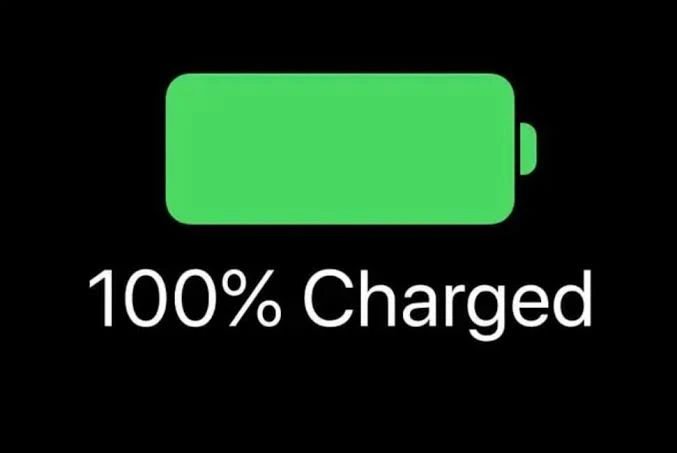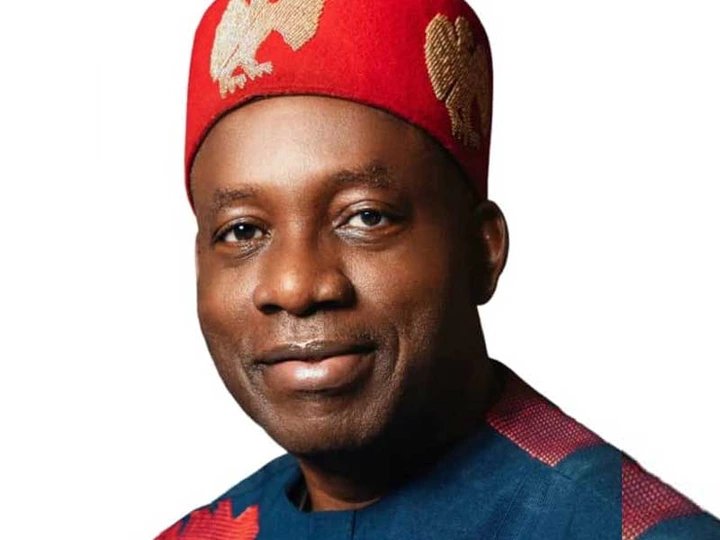Featured
The future of fame? Virtual celebrities take over the digital stage
DDM News

The rise of artificial intelligence has birthed a new form of stardom virtual celebrities.
These AI-generated personas are now commanding attention across social media, brand promotions, and entertainment platforms.
They are not just a passing trend but may represent a shift in the way fame is created and sustained.
Diaspora Digital Media (DDM) reports that virtual influencers are reshaping the future of celebrity culture, raising questions about the relevance of traditional stardom in an increasingly digital world.
Unlike human celebrities, these digital personalities do not exist in real life.
They are created using a combination of artificial intelligence, 3D modeling, and storytelling.
These avatars maintain active social media accounts, post photos, engage fans, and even appear in interviews and brand campaigns.
One of the most famous of these is Lil Miquela, a virtual influencer with millions of followers.
Despite being a fictional character, she has signed deals with brands such as Prada, Calvin Klein, and Balmain.
Her social media presence includes activism, fashion modeling, and music, making her a well-rounded digital personality.
Others like Shudu, Blawko, and Bermuda are also gaining prominence.
They are becoming regular features in influencer marketing campaigns and online trends.
So why do these AI-generated stars capture public attention?
One major reason is the control their creators have over their actions and image.
Virtual celebrities don’t make mistakes or get caught in scandals.
Their behavior, appearance, and messaging are meticulously managed, making them appealing to brands that fear the unpredictability of human influencers.
These characters can be continuously updated, rebranded, and adapted to match audience interests.
They are not bound by human limitations, meaning they can stay forever youthful, fashionable, and trend-conscious.
Another appeal is their ability to collaborate globally.
Unlike human celebrities, virtual influencers do not need to be physically present.
This opens the door for instant brand collaborations across continents and time zones.
Marketers find this useful in targeting niche markets without logistical concerns.
AI-generated stars are also cost-effective and adaptable, making them a popular choice for companies exploring creative campaigns.
Behind these virtual celebrities is a network of creatives and developers who use AI tools such as image generators and language models.
These technologies make them look hyper-realistic and allow them to respond to fans, share stories, and mimic human emotions.
As artificial intelligence improves, these avatars are becoming harder to distinguish from real people.
They are no longer limited to just posing for pictures but are also engaging in conversations, debates, and entertainment content creation.
This phenomenon reflects a broader shift in how society consumes fame and media.
While human celebrities still possess emotional depth, real-life experiences, and relatable stories, AI influencers are gaining ground with their flawless appearance and calculated branding.
Analysts argue that virtual stars will not replace real celebrities entirely.
Instead, they will coexist in a hybrid entertainment ecosystem, offering unique advantages that human figures cannot.
Virtual celebrities are likely to dominate digital advertising, youth-focused campaigns, and experimental content projects.
Their rise signals a transformation in the entertainment industry.
The definition of fame is evolving, and the boundary between fiction and reality is becoming increasingly blurred.
As more companies invest in artificial stars and as fans continue to engage with these avatars, the virtual celebrity culture is here to stay at least for now.
The entertainment world is witnessing the beginning of a new digital era, where fame is not necessarily earned through talent or charisma but can be designed and coded.
Whether this is a fad or the foundation of future celebrity culture remains to be seen.
But one thing is clear: the face of fame is changing, and it’s becoming increasingly pixelated.
For Diaspora Digital Media Updates click on Whatsapp, or Telegram. For eyewitness accounts/ reports/ articles, write to: citizenreports@diasporadigitalmedia.com. Follow us on X (Fomerly Twitter) or Facebook











